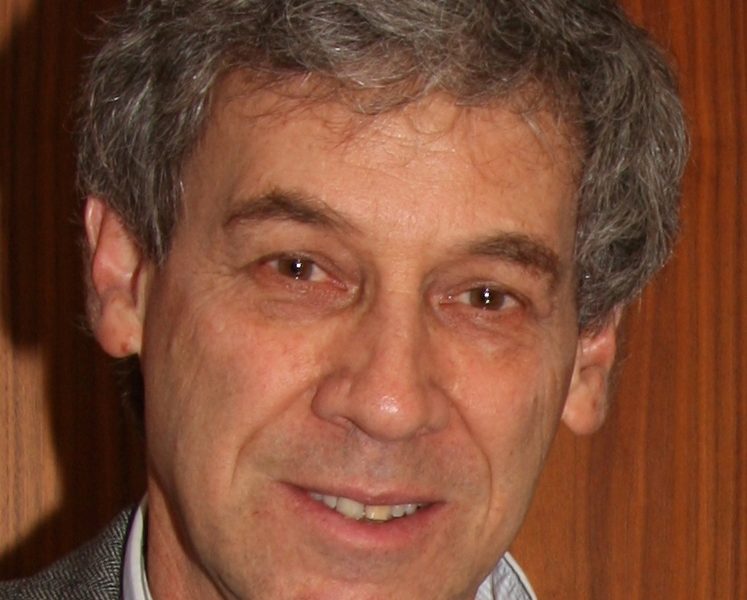Banner
Look at me – I’m not what you think!
One of the most interesting slices of South Africa’s population demanding to throw out President Jacob Zuma is the middle class black “born-frees” who grew up after apartheid and for whom the pass laws, Verwoerd, Mandela and uMkhonto weSizwe are folk history.

Geoff Sifrin
Taking Issue
For many, Zuma’s heroism – and that of the ANC – during the Struggle, is far less important than his anti-democratic behaviour today, which they see threatening their futures.
The arts is essential in expressing this, and it is inspiring that a new generation of theatre people is creating sophisticated works offsetting the politicians’ posturing, genuinely exploring what it means to be South African in post-apartheid society, with its many demons.
Two superb recent plays – one written by Steven and Kate Sidley, the other by playwright Mongiwekhaya and directed by Swaziland-born actress Noma Dumezweni who grew up in the UK – illustrate the born-frees’ efforts to establish their own identities relative to the Struggle generation, in the milieu of middle class whites among whom they live and work – who themselves face questions about their South Africanness and accusations of racism.
The first play, “Shape”, ran at Daphne Kuhn’s Theatre on the Square last month. It is set in an upmarket gym with three protagonists: a black gym instructor with a privileged education; a white fitness fanatic who battles nagging questions about his sexuality; and a white do-gooder woman who works for the Human Rights Commission, recently got divorced and has joined the gym – she is clearly out of shape – in an attempt to regain her sense of self.
When the black man approaches the woman to take him on as a gym instructor, she declines. He immediately retorts: “Is it because I’m black?” She, of course, instantly denies it so vehemently that it exposes her complicated feelings towards the topic.
What follows is a fascinating exploration, told through the medium of gym equipment, change-rooms and tanning rooms, of each of their attempts to relate to the other as people, and ultimately, fellow citizens of the same country, while the familiar political correctness and gym jargon plays itself out.
The second play is currently on at the Market Theatre, called “I See You”. The main protagonist is a young black Wits student studying law who cannot speak Xhosa – the language of his parents – because he was taken overseas at age three when his family went into exile and he grew up there.
After a white Afrikaans woman befriends him in a Johannesburg club, they are driving in a car when they are stopped by a black cop, a former ANC paramilitary fighter turned policeman, who is fuming at the fact that his role in South Africa’s armed struggle, which came at great personal cost, is being ignored by young black South Africans who are better educated, speak English rather than their mother tongue and mix with white people.
The Market Theatre was established by theatre legend Barney Simon in 1976 with the explicit dream of facilitating such penetrating, relevant drama. This is Noma Dumezweni’s directorial debut, as part of the interrogation of these issues – which are as important for the born-frees as the anti-apartheid Struggle was for Barney Simon.
The play’s name, I See You, is a common Zulu greeting implying bearing witness to the other. In this confused society, how people – Jews no less than anyone else – acknowledge their fellow citizens, is riddled with tension.
Crass slogans being hurled around that “all whites are racists”, blacks are “corrupt and inept” – and some are “monkeys” – and so on, must ultimately give way to “I see you”, if this society is to overcome its history, and release itself from the grip of dishonest leaders.
Read Geoff Sifrin’s regular columns on his blog sifrintakingissue.wordpress.com